Abstaract
Overall, the improvement of energy efficiency level is one of the inevitable economic, national, and strategic visions in each society. Energy efficiency improvement can result in energy security, healthy environment, quality of life, and economic growth. Energy efficiency is considered of a particular importance in Islamic Republic of Iran as many other countries and its policy making process experienced many ups and downs until in 2010 and 2011 when serious efforts was put into action in this regard. As a result, regulations and policies regarding this issue were developed, approved, and notified by other organizations. Unfortunately, in question policies haven't revealed much success considering some indexes such as energy consumption per capita, energy consumption intensity, and energy factor which represent a policy failure regarding the predetermined goals. The purpose of this paper is to identify, explain, and prioritize influencing factors explaining failure of Iranian energy efficiency improvement policy using failure analysis framework suggested by McConnell(?). Therefore, a case study of energy efficiency policies in Iran is conducted focusing on "consumption pattern reform policies" and "consumption pattern reform act" as two critical policies of government in the last twenty years. To achieve this, field studies were performed as well as five interviews and a 12-member focus group of experts was formed. 27 factors were determined as influencing factors for failure of energy consumption efficiency policies, using thematic analysis of the data drawn from interviews and focus group. Finally, a questionnaire was developed in order to prioritize the explored factors. Data extracted from 11 questionnaires was collected and analyzed and the important factors were determined by TOPSIS method. Results show that "inappropriate pricing of energy carriers", "lack of decent responsiveness of authorities", "lack of enough clarity about authorities of some sections", and "short-sighted political structure" are of high importance. Overall, the improvement of energy efficiency level is one of the inevitable economic, national, and strategic visions in each society. Energy efficiency improvement can result in energy security, healthy environment, quality of life, and economic growth. Energy efficiency is considered of a particular importance in Islamic Republic of Iran as many other countries and its policy making process experienced many ups and downs until in 2010 and 2011 when serious efforts was put into action in this regard. As a result, regulations and policies regarding this issue were developed, approved, and notified by other organizations. Unfortunately, in question policies haven't revealed much success considering some indexes such as energy consumption per capita, energy consumption intensity, and energy factor which represent a policy failure regarding the predetermined goals. The purpose of this paper is to identify, explain, and prioritize influencing factors explaining failure of Iranian energy efficiency improvement policy using failure analysis framework suggested by McConnell(?). Therefore, a case study of energy efficiency policies in Iran is conducted focusing on "consumption pattern reform policies" and "consumption pattern reform act" as two critical policies of government in the last twenty years. To achieve this, field studies were performed as well as five interviews and a 12-member focus group of experts was formed. 27 factors were determined as influencing factors for failure of energy consumption efficiency policies, using thematic analysis of the data drawn from interviews and focus group. Finally, a questionnaire was developed in order to prioritize the explored factors. Data extracted from 11 questionnaires was collected and analyzed and the important factors were determined by TOPSIS method. Results show that "inappropriate pricing of energy carriers", "lack of decent responsiveness of authorities", "lack of enough clarity about authorities of some sections", and "short-sighted political structure" are of high importance.

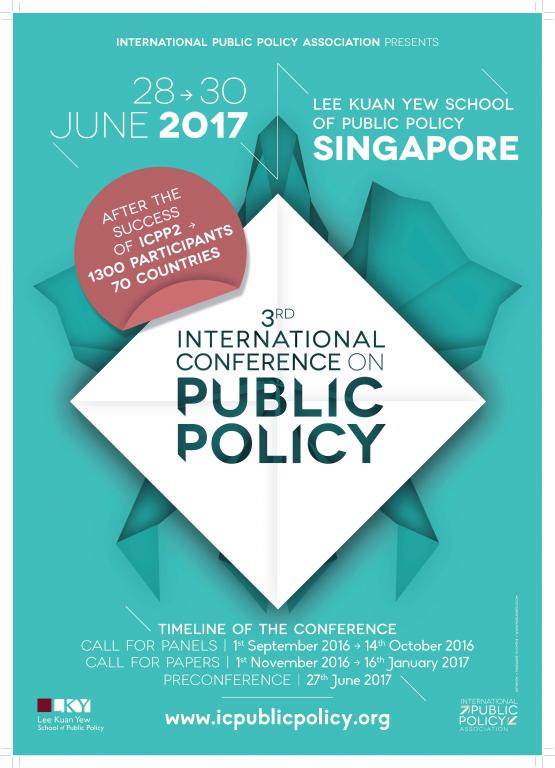
 Ali Maleki
Ali Maleki.jpg)
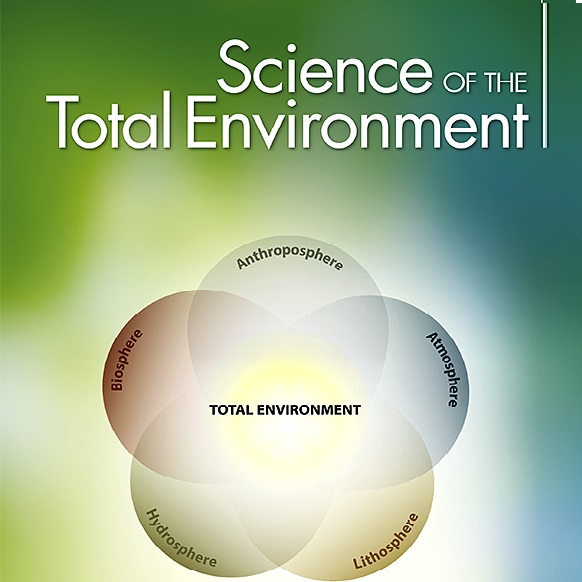
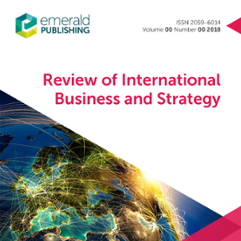
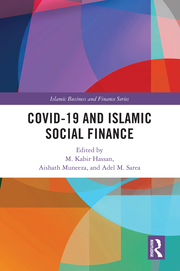


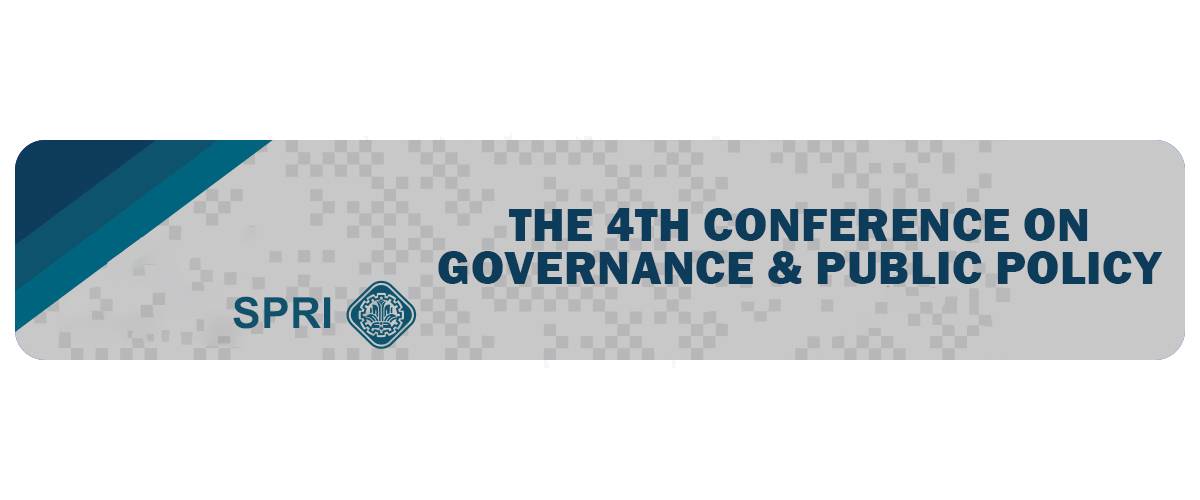
.jpg)